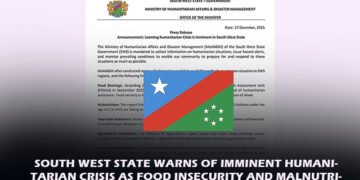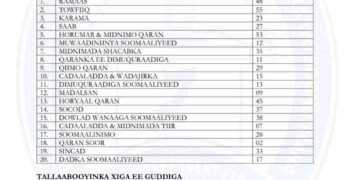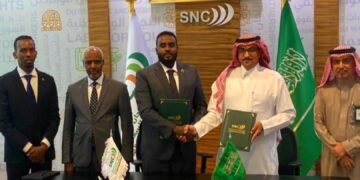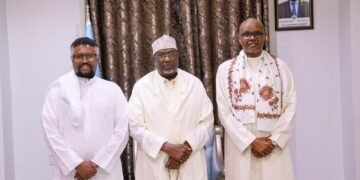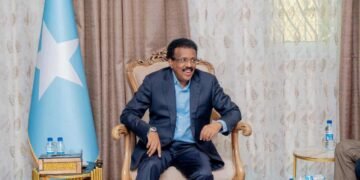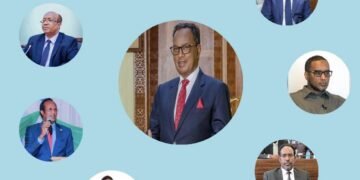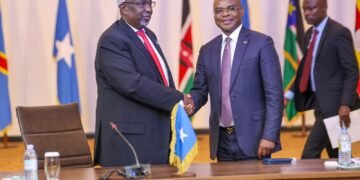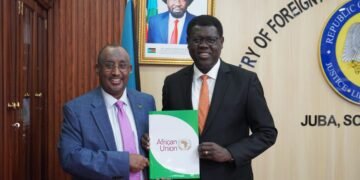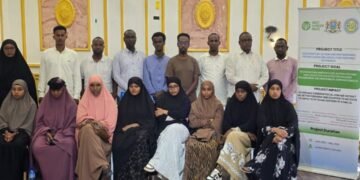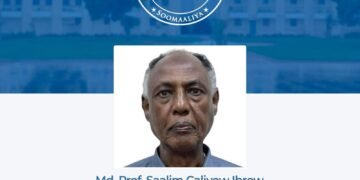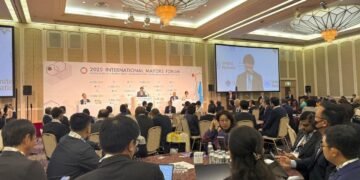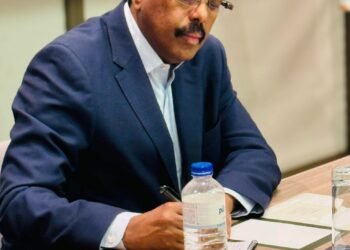Mogadishu – Prime Minister Hamza Abdi Barre of the Federal Government of Somalia has announced a mini-cabinet reshuffle that has drawn significant public and political attention. The changes, made official in a government statement on Sunday, include the dismissal of key ministers and the appointment of new faces to critical roles.
One of the most notable changes is the removal of Minister for Petroleum and Mineral Resources, Abdirizak Omar, a prominent ally of President Hassan Sheikh Mohamud and an influential figure in the People’s Development Party (PDP). Omar has been replaced by Dahir Shire, marking a significant shift in the leadership of the vital petroleum sector. The dismissal of Omar, who was considered a close confidant of the president, has sparked widespread speculation about tensions within the government.

Additionally, the Ministry of Women and Family Affairs underwent a reshuffle, with General Bashir Goobe being replaced by Khadija Makhzoumi as Minister for Environment and Climate. This move was reportedly prompted by growing pressure from women’s rights activists, who had criticized the government for failing to place a female leader in the Women and Family Affairs portfolio.
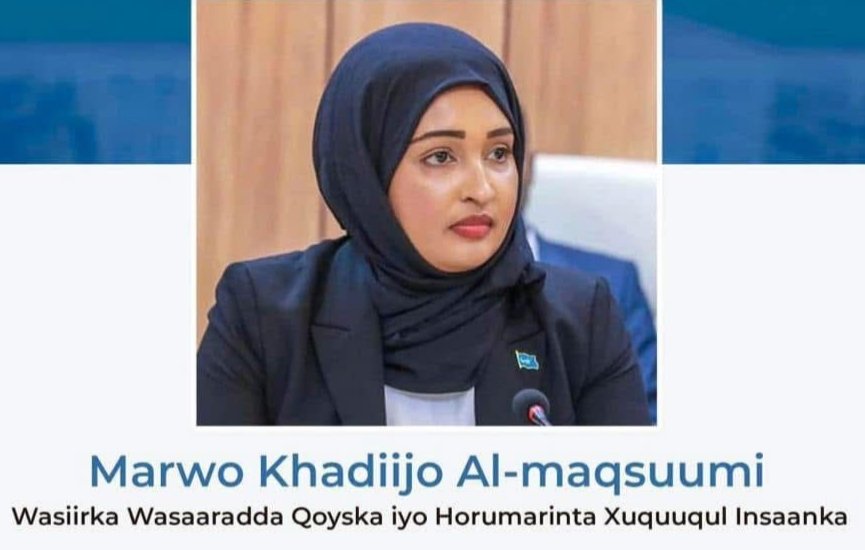
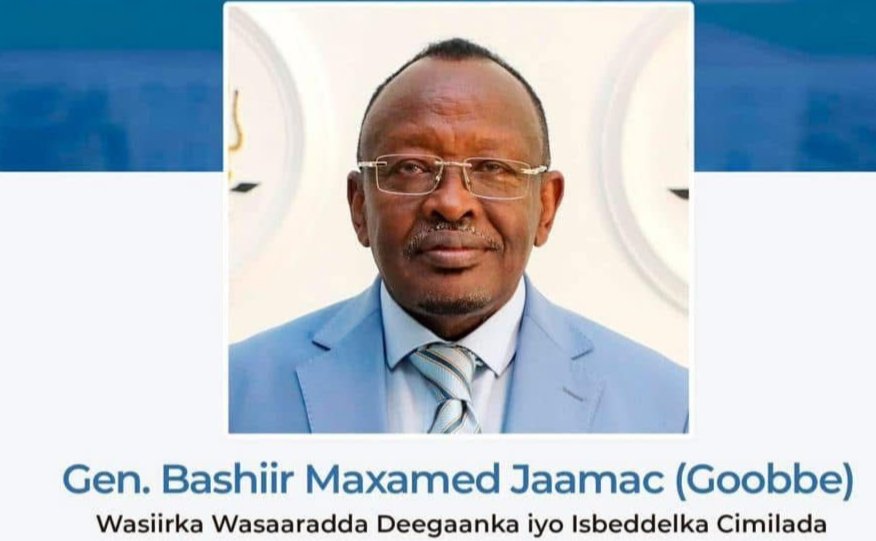
The reshuffle, though described as “mini” by government insiders, has triggered debates about its underlying motives. Critics argue that the dismissal of Abdirizak Omar from the Petroleum Ministry reflects political maneuvering within the administration, given his proximity to the president. Others view the decision to address the concerns of women’s groups as a positive step toward greater inclusivity in the cabinet.
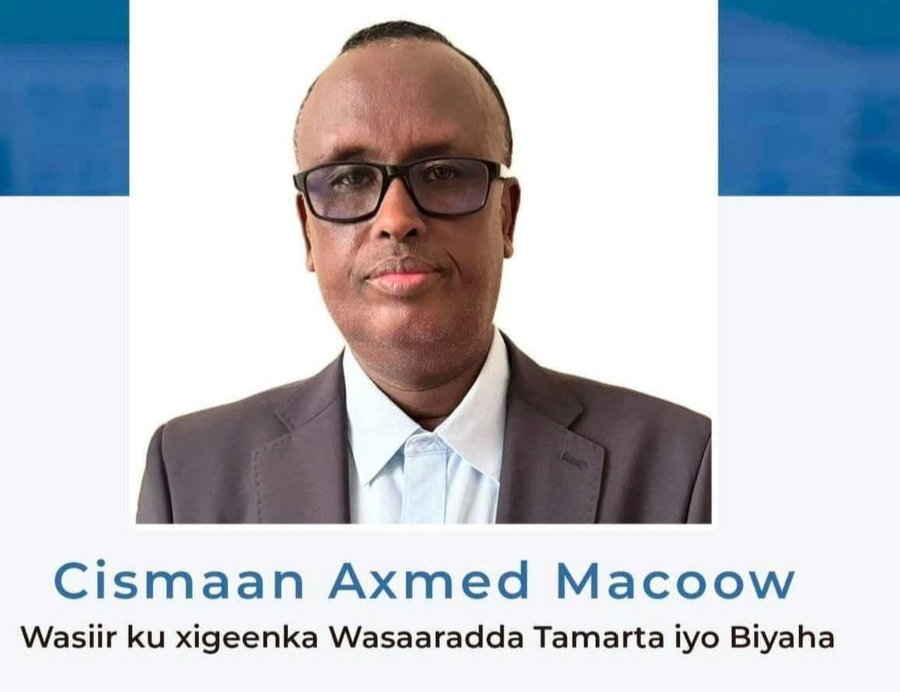
Prime Minister Barre has not provided specific reasons for the reshuffle, but political analysts suggest the changes are part of a broader effort to balance political alliances and respond to public sentiment. The petroleum sector, in particular, is considered a cornerstone of Somalia’s economic future, and the appointment of Dahir Shire is expected to shape key policies in the coming months.
As public discussions continue, this reshuffle highlights the delicate balancing act faced by Somalia’s leadership in navigating political alliances, addressing public demands, and steering the nation’s development.



